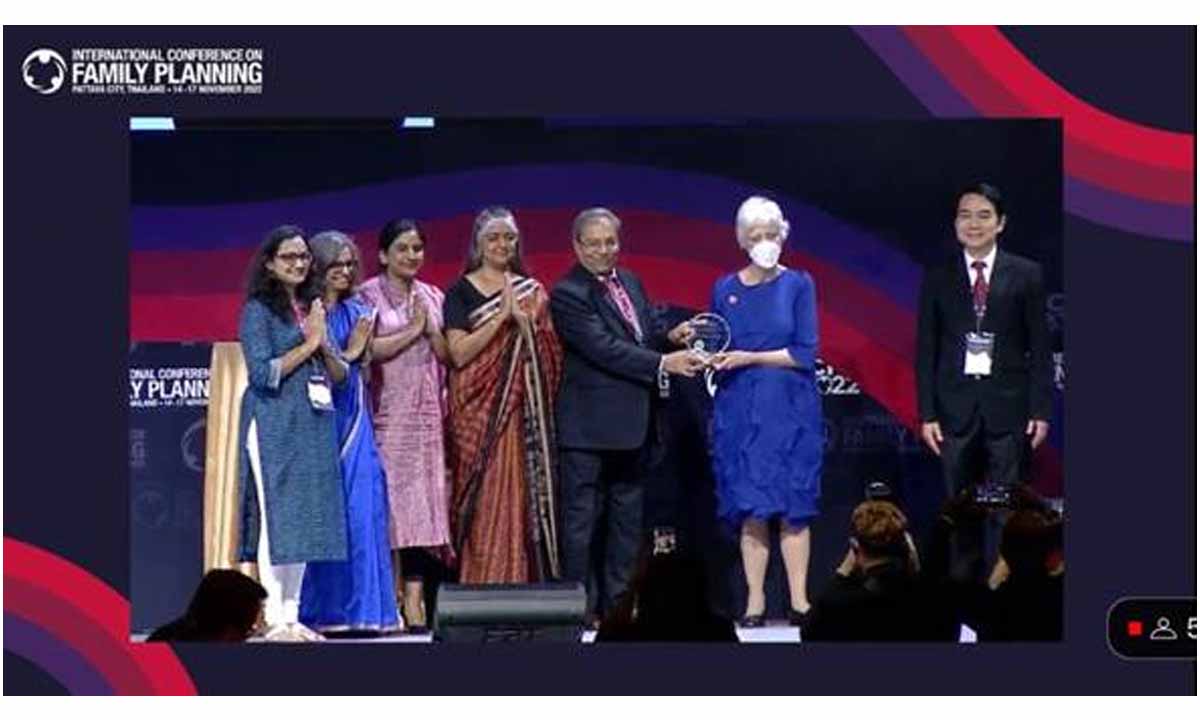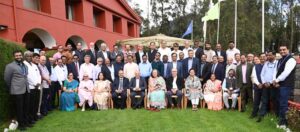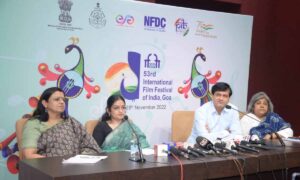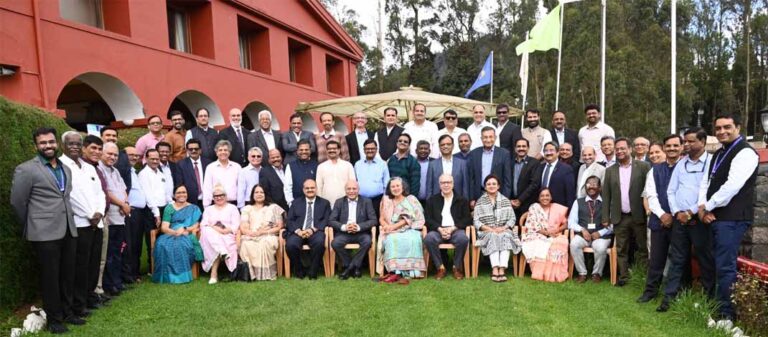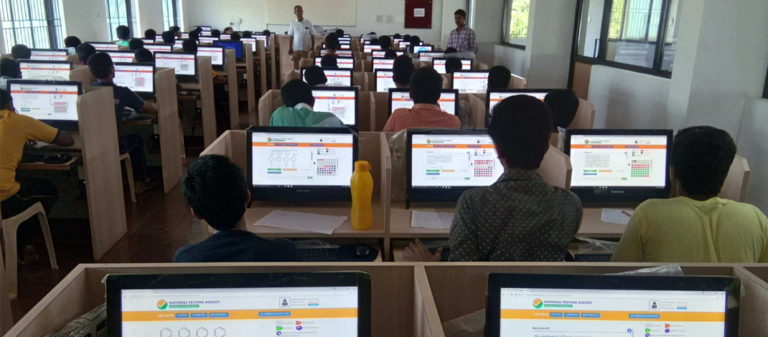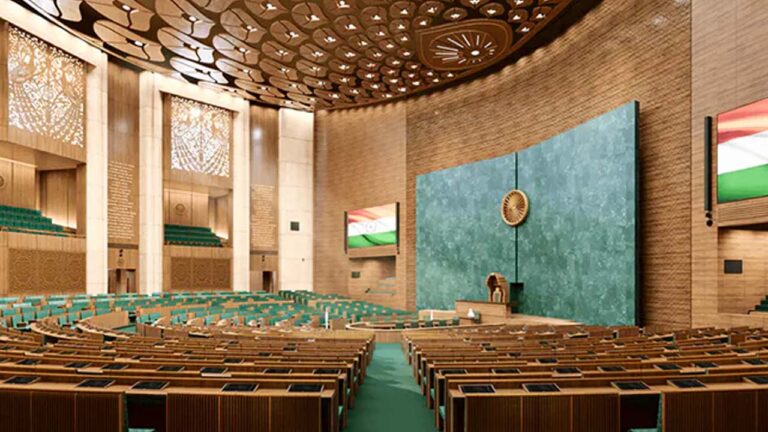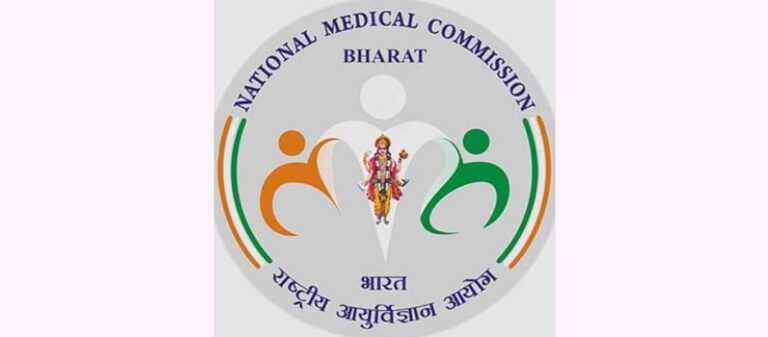New Delhi : In a significant development and recognition to the country’s efforts in improving access to modern family planning methods, India is the only country to have received the Leadership in Family Planning (EXCELL) Awards-2022 in the ‘country category’ at the International Conference on Family Planning held in Pattaya city, Thailand.
Complimenting India’s remarkable efforts in improvement of family planning, Dr. Mansukh Mandaviya, Hon’ble Minister of Health & Family Welfare, showed his exhilaration and stated in a tweet:
India wins the prestigious EXCELL award – Leadership in Family Planning by @ICFP2022. The award is a recognition of India’s efforts under PM @NarendraModi Ji’s leadership towards ensuring access to quality family planning choices based on right information & reliable services.
India has made outstanding progress not only in improving access but also adoption of modern contraceptive methods enabling couples to make informed choices about family planning. These are reflected in the National Family Health Survey (NFHS) – 5 data. As per NFHS-5 data, overall Contraceptive Prevalence Rate (CPR) has increased substantially from 54 percent to 67 percent in the country, from NFHS-4. Similarly, unmet needs of family planning have witnessed a significant decline from 13 per cent to 9 per cent. The unmet need for spacing has also come down to less than 10 per cent.
The total ‘demand satisfied’ for family planning among currently married women aged 15-49 in India increased from 66 percent in 2015-16 to 76 percent in 2019-21 which has already crossed the SDG target of 75 set globally for 2030. The government’s focus on improving easy and affordable access to modern contraceptives are reflected in the fact that 68% modern method contraceptive users obtain their method from the public health sector, as per NFHS-5 data. Mission Parivar Vikas, one of the government’s flagship programmes, to reduce unmet needs in family planning, has also been a critical factor in the overall improvement.
India’s efforts in improving family planning demonstrate the progress the country is making towards achieving the SDG targets on women and maternal health.
The International Conference on Family Planning (ICFP) has served as a strategic inflection point for the global reproductive health community, providing a global stage for more than 120 countries worldwide, organizations, and individuals to make important commitments and celebrate achievements as the world’s largest scientific conclave on family planning and reproductive health. The event was attended by more than 3500 delegates physically and tens of thousands on the virtual platform.








